Will CBD Make You Sleepy and Tired?
Summarize
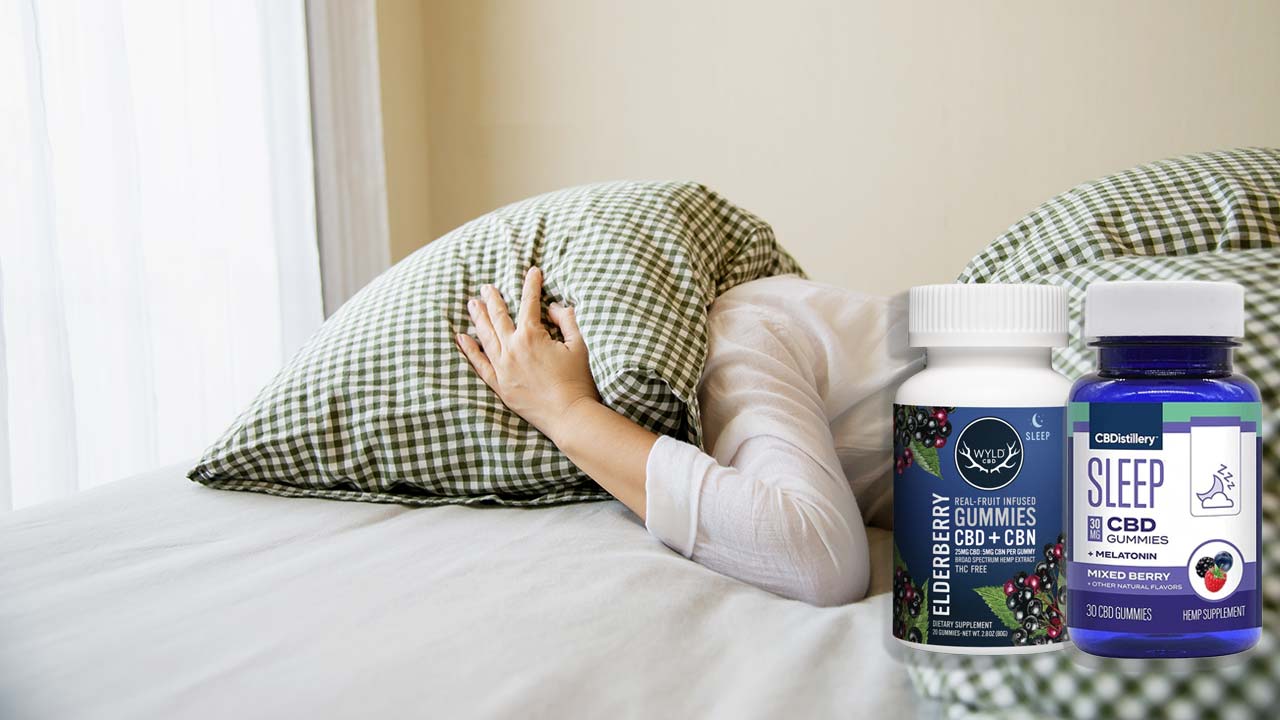
There are numerous CBD products available for purchase today that claim to help people get better sleep. The National Sleep Foundation conducted a study that found adults should get 7-9 hours of sleep each day. [1]
A national survey of U.S. adults found that 7-19 percent of the population do not get enough sleep each day, and 50-70 million Americans deal with an ongoing sleep disorder. [2] It is not surprising that many of them search for natural remedies to help them fall and stay asleep, and CBD for sleep support is one of them. There are so many questions. Does CBD by itself work as a sleep aid? Does CBD blended with the selected ingredients promote sleep? How does CBD affect the sleep-wake cycle?
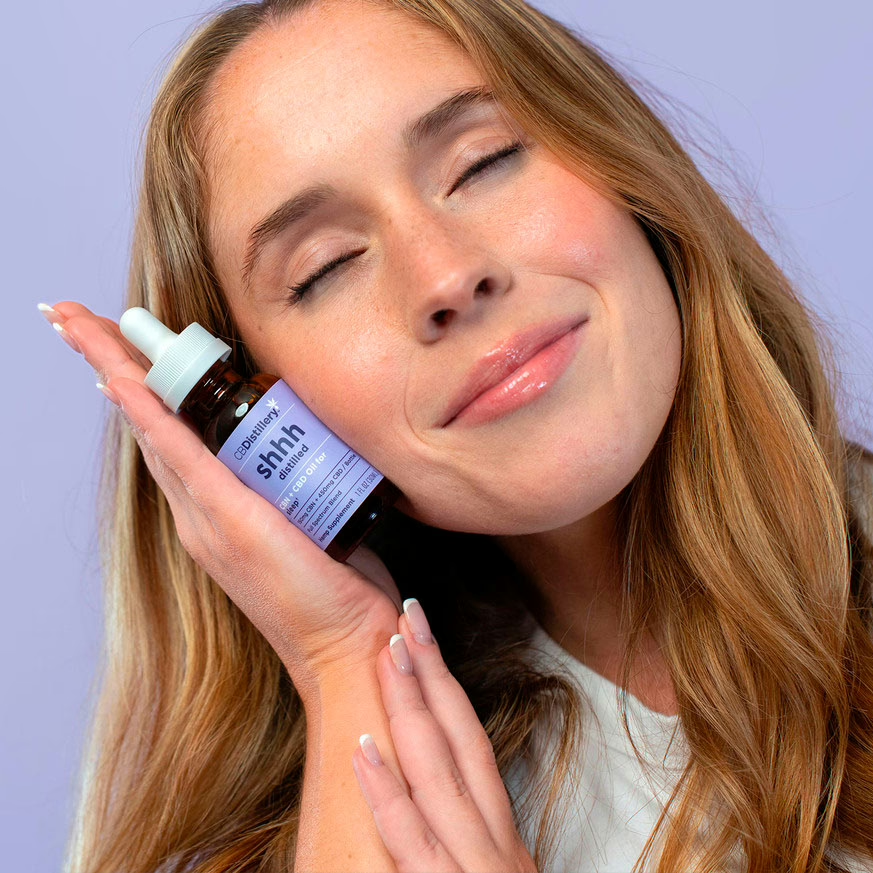
TL;DR (Too Long; Didn’t Read):
Numerous research studies have found that CBD by itself does not promote sleep. CBD may have an impact on conditions causing sleep issues. CBD products formulated with melatonin and sleep-inducing herbs can promote relaxation and sleep.
Table of Contents
How Does CBD Work?
Cannabidiol (CBD) comes from industrial hemp, defined by law as having less than 0.3 percent THC. Therefore, CBD does not produce a high. Industrial hemp is Cannabis Sativa specifically grown to meet federal legal requirements. CBD is in abundance in the cannabis plant and is extracted from the entire plant, including leaves, flowers, stalk and stem. The result is a CBD-rich compound that affects the endocannabinoid system.
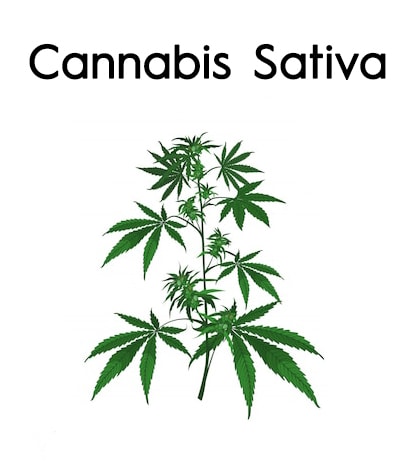
The endocannabinoid system (ECS) is located throughout the body and consists of endocannabinoids, enzymes and receptors. The two main receptors are called CB1 and CB2. CB1 receptors are found in high levels in the central nervous system (CNS) consisting of the brain and spinal cord and are found in smaller amounts in other areas like the gastrointestinal tract. CB2 receptors are found mostly in the immune system or peripheral nervous system. [3]
Endocannabinoids are produced by the body, and researchers have learned they help manage many systems in the body. Endocannabinoids and compounds like CBD bind to or interact with the receptors, influencing their action. The enzymes are responsible for breaking down the cannabinoids so they can attach to or influence the receptors.
This is a simplified explanation but explains the ability of CBD to impact the endocannabinoid system (ECS). The exact functioning of CBD is still not known, but research has found CBD does not directly bind to CB1 or CB2, but it does interact indirectly with them. This sets off a chain reaction that influences bodily systems as the endocannabinoid system signals various functions to achieve homeostasis. The ECS system is believed to influence a variety of biological processes, including sleep and mood.
Does CBD Make You Sleepy?
Endocannabinoids play a role in the regulation of sleep-wake cycles. So the next question is: Does CBD help you sleep? The research studies have found mixed results as far as whether CBD directly influences sleep.
Kesner and Lovinger published an article that reviewed what researchers have found through their studies. Some studies found CBD had wake-enhancing effects. Some studies found CBD improved sleep. Other studies found that CBD included in a formulation improved sleep, like CBD and THC. CBD alone was found to not have any significant effect on sleep. [4]
A study in 2018, found that CBD did not interfere with the sleep-wake cycle of patients with no underlying medical conditions. This study involved 27 volunteers. Half of the volunteers received CBD, and the other half of the group received a placebo. [5]
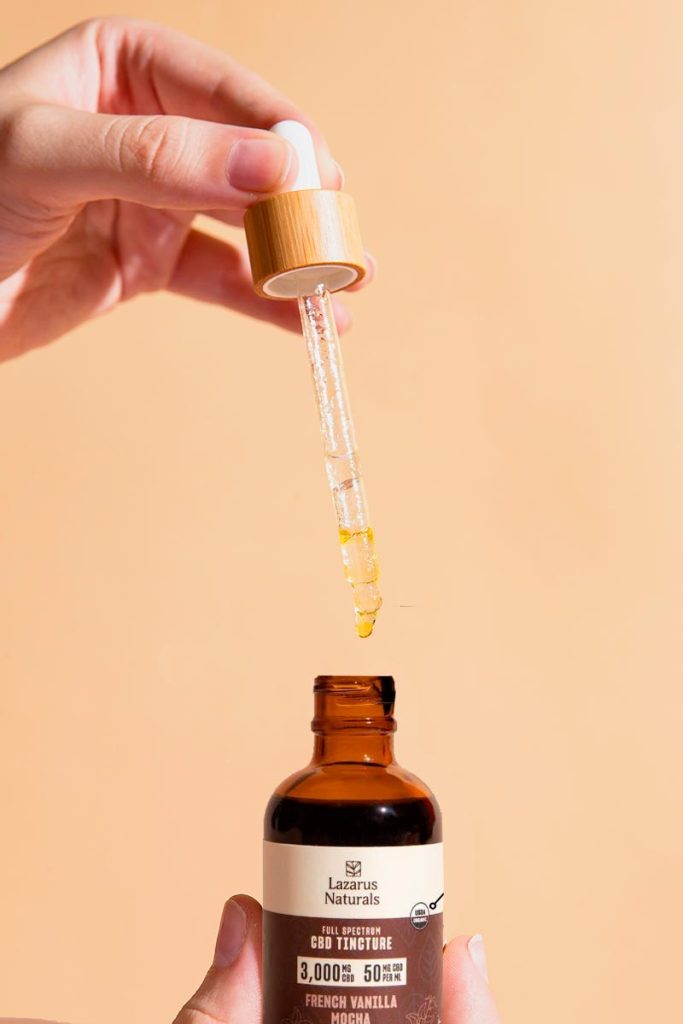
Some researchers theorize that some people experience CBD sleepiness because CBD may be helping to moderate issues. A 2019 study on CBD found CBD has a potential calming effect on the CNS. By calming the central nervous system and lowering it, sleep may improve. This study found that CBD taken by patients with sleep complaints improved sleep scores in the first month. After the first month, sleep scores fluctuated. [6]
This was a 3-month study, so participants could report results over a longer period than in previous studies. Over two-thirds (66.7 percent) reported sleep improvement at the first follow-up, but the percentage dropped to 56.1 percent at the second follow-up. At the first follow-up, 25 percent reported their sleep had worsened. At the second follow-up, 26.8 percent reported their sleep had worsened. This leads to the question: Does CBD help you sleep only on a short-term basis?
A data review across studies analyzed whether cannabinoids decrease appetite and sleep in patients experiencing mental health issues. The reviewers also analyzed the different impacts on appetite and sleep for products with THC versus products with CBD. The results found that pharmaceutical THC does not affect appetite or sleep, and CBD decreased appetite but did not affect sleep. [7]
Sleepy, Tired or Both?
Does CBD make you drowsy, or does CBD make you tired the next day? Per research to date, CBD does not affect sleep, and it does not make you drowsy or tired. More research is needed, and studies are in progress assessing CBD’s impact on the sleep-wake cycle.
The difficulty in assessing whether CBD is causing sleepiness or drowsiness is because so many factors are involved. For example, people in much discomfort may have many sleepless nights. If they are taking CBD at the same time, the tension is relieved; they may sleep better. How do you determine if it is CBD or less tension that is helping with sleep? Medical researchers must deal with these issues as they conduct studies on CBD and sleep.
CBD Formulations
Per the research, CBD by itself does not influence the sleep-wake cycle. The cycle is mostly controlled by the body’s natural release of melatonin and cortisol. The body produces melatonin soon after it begins to get dark, reaching its peak between 2-4 a.m. [8] Cortisol levels increase in the morning, peak around 7 a.m., and are normally low during the day. If the cortisol hormone is high during the day, it is usually due to chronic triggering cortisol production. [9]
Another question people ask is, “Will CBD make me tired?” Per the Sleep Foundation, research conducted on animals found that CBD alone may affect sleepiness and wakefulness. [10] As discussed earlier, research on humans is limited and has found, at most, only a possible short-term limited connection between CBD and the sleep-wake cycle. It is unknown how it affects the sleep-wake cycle and the ideal CBD dose. There is an ongoing study to investigate the effects of CBD and THC on sleep and daytime functioning. The study participants will have issues with sleep. It was chosen because these issues frequently accompany chronic medical conditions. [11]
As you age, melatonin production declines. When you shop for CBD for sleep support, many products are formulations, not pure CBD oil. For example, they contain botanicals, like:
This delivers the benefits of CBD simultaneously as the other ingredients promote sleep. For those looking for help to stay awake during the day, a 2014 study found that CBD may induce wakefulness. [12] Once again, more research is needed.
A lot of the effects associated with CBD have to do with the dosage. A low dose of CBD seems to promote wakefulness, while a high dose may lead to relaxation. [13]
Selecting CBD Products for Sleep
CBD for sleep is available in many forms, including CBD oils and tinctures, gummies and capsules. They also are available in a variety of potencies and with different ingredients that are known to support relaxation, like Valerian Root and lemon balm. If you want to try CBD for sleep, it is essential to buy a high-quality product from a market-tested, reliable company.
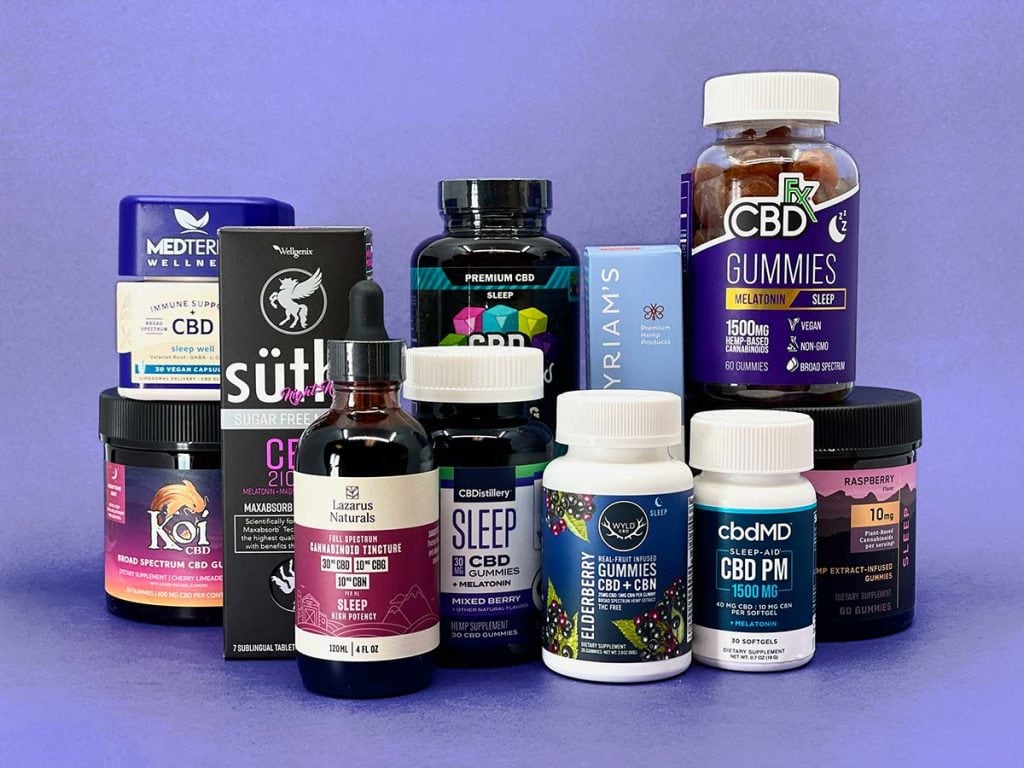
Top Selling Products For Sleep Support
The Certificate of Analysis (COA) produced by an independent testing lab will verify the product’s contents. It is highly recommended that you start with a low dose of CBD. For example, a dose of CBD tincture for sleep may contain 50 mg of CBD plus 5 mg of melatonin and a variety of botanicals. Allow two to three weeks to determine the full effects before increasing the dosage.
Though the research has not confirmed CBD will make you sleepy, it has been shown to affect the nervous system with a calming effect. Melatonin has been studied in depth with research finding it may help people fall asleep. Does CBD make you sleepy? No, it does not. Can CBD plus melatonin and other relaxation-inducing herbs make you sleepy? It may do so. You have to try it for yourself because each person reacts differently to CBD for sleep support.
Sources
- https://pubmed.ncbi.nlm.nih.gov/29073412/
- https://www.nhlbi.nih.gov/health-topics/sleep-deprivation-and-deficiency
- https://www.frontiersin.org/articles/10.3389/fncel.2016.00294/full
- https://www.ncbi.nlm.nih.gov/pmc/articles/PMC7388834/
- https://www.ncbi.nlm.nih.gov/pmc/articles/PMC5895650/
- https://www.ncbi.nlm.nih.gov/pmc/articles/PMC6326553/
- https://content.apa.org/record/2021-83906-001
- https://www.ncbi.nlm.nih.gov/pmc/articles/PMC1855314/
- https://www.sleepfoundation.org/how-sleep-works/cbd-and-sleep
- https://bmjopen.bmj.com/content/10/5/e034421
- https://www.ncbi.nlm.nih.gov/pmc/articles/PMC4023456/
- https://www.med.upenn.edu/cbti/assets/user-content/documents/s11920-017-0775-9.pdf
Share this post


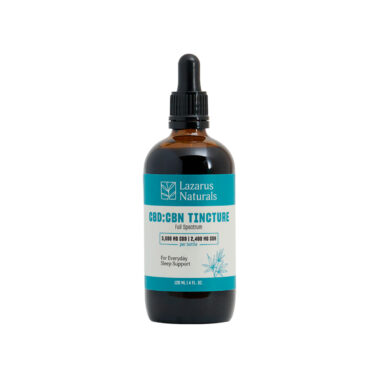
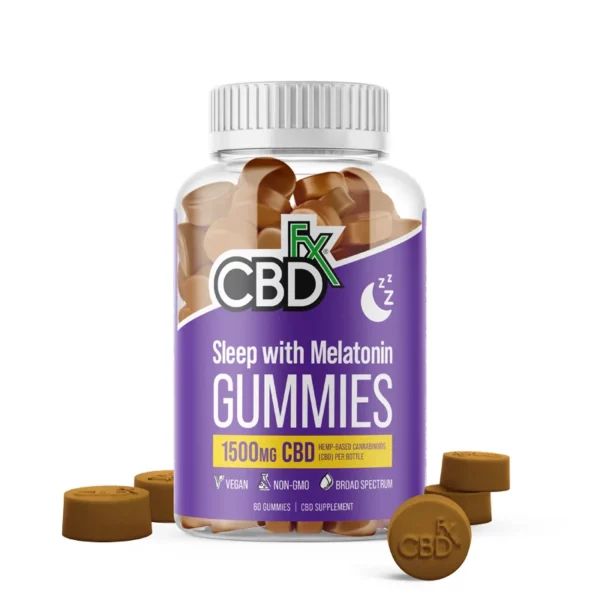
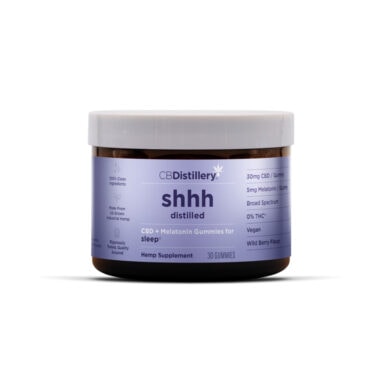
0